The Black History of America involves some deeply harrowing accounts of slavery, torture, oppression, and racial abuse that are indeed difficult, and challenging for many to confront. However, this is the harsh reality of the abuse that Black people suffered, and it deserves to be recognized, and treated with compassion, sensitivity, and respect.
Unfortunately, some Americans, independent of their racial origin, struggle to face the horrors that occurred in Black History, and the reasons for this are a complex mixture of psycho-social-cultural factors. Here are 18 reasons why some Americans turn their backs on Black History.
Traumatic
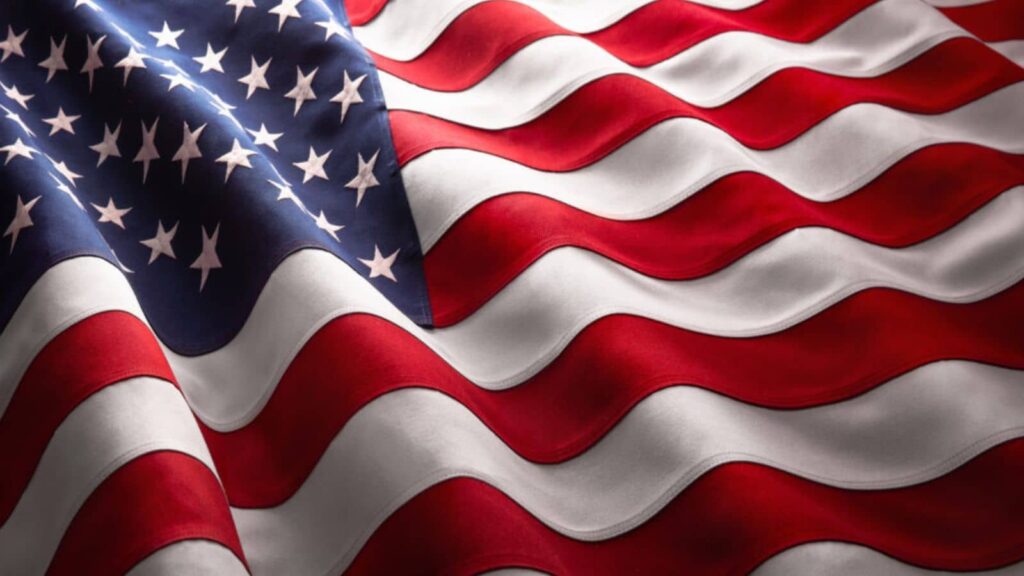
The sad fact is that many of the historical events that Black History aims to highlight can be traumatic for Americans to hear about or be reminded of. Whether the events relate to a person's enslaved ancestors or their ancestors who were slave owners, both parties can feel a deep sense of trauma reflecting on these historical events.
Guilt and Shame

Black History can conjure up negative emotions such as guilt, shame, and disgust, as many American families who may have had relatives who were involved in the slave trade now feel a deep sense of shame at the actions of their ancestors. Likewise, direct descendants of slaves can also feel shame on behalf of their relatives who were treated so poorly and who had to endure deplorable suffering and abuse.
Historical Amnesia
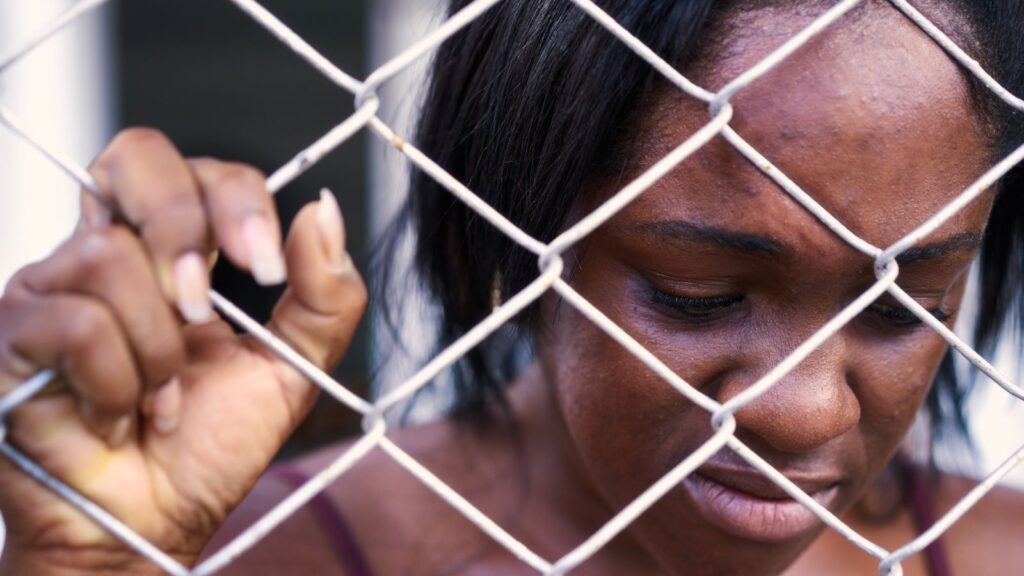
America is a proud nation that prides itself upon being one of the richest, most advanced countries in the world, and sometimes, it may be easier to ignore, or “forget” uncomfortable truths about where some of the prosperity of America came from.
Racial Prejudice
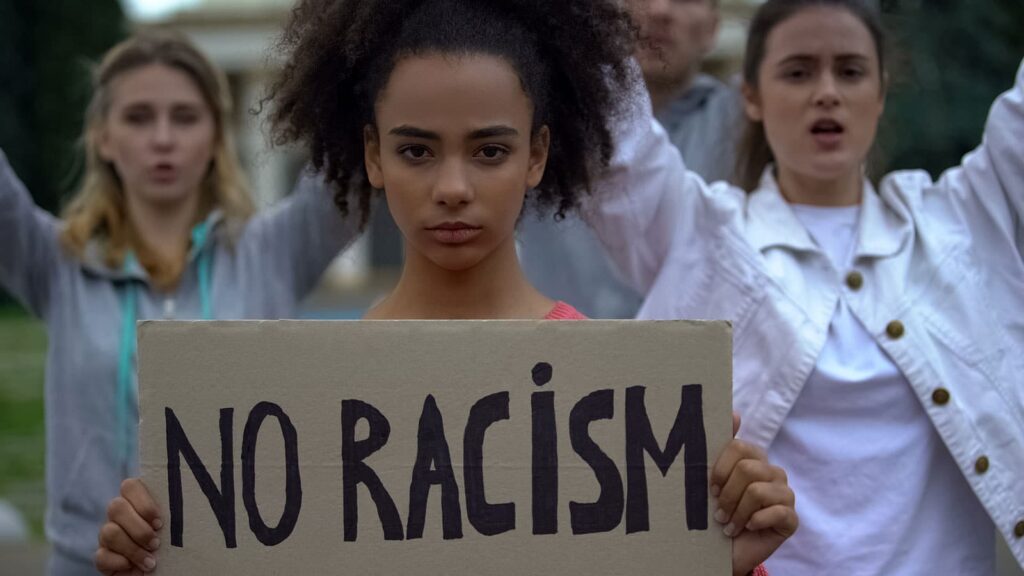
Many Americans are unaware that they harbor racial prejudices that influence how they view and perceive Black History, and confronting such prejudices can challenge traditional beliefs, which can be difficult for some Americans to do.
Fear of Reparations
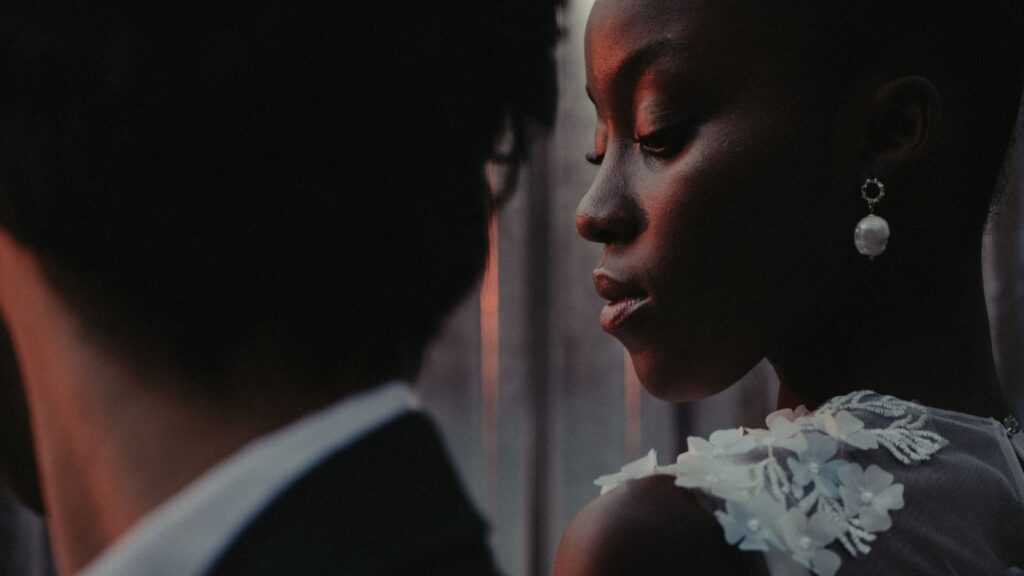
The uncomfortable truth is that black people were removed from their ancestral homes and forced to come and work in America against their will. Many Black slaves were beaten, tortured, and lost their lives; families were broken up, and generations decimated.
These events have had negative consequences, which have echoed through generations of Black families, and there have been recent calls for reparations to be made to Black people from countries like America and the U.K. Although no amount of money could undo the centuries of damage that occurred, some feel it would go some way to redressing the balance.
However, some Americans realize the heavy economic toll that reparations would cost the U.S., and this is another reason why some would rather turn their backs on Black History.
Lack of Accountability
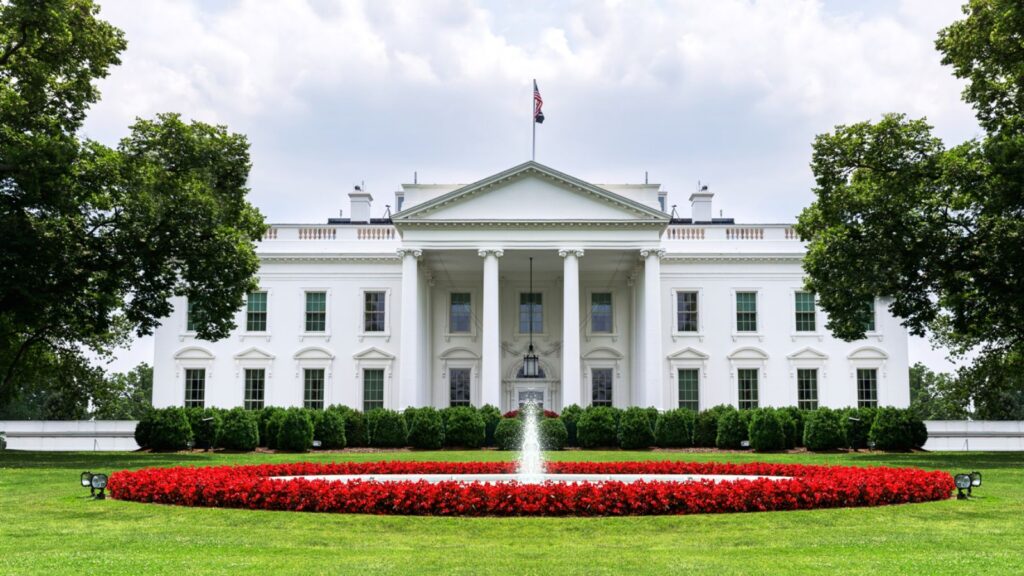
Many of the details of Black History are so awful that some Americans don’t want to take accountability for what happened, and they, therefore, find it easier to “look the other way.”
Embarrassment

Both the descendants of slaves and slave owners feel a deep sense of embarrassment at the roles that their ancestors played in Black History, even though, for some, they had no choice. This can cause some Americans to literally want to look away from the facts of Black History.
Lack of Education

As American school curricula have, for the most part, been designed by white educators with white Americans in mind, many of the details and information about Black History have been glossed over or omitted to minimize culpability, accusations, and/or guilt, or shame.
Fear of Humiliation
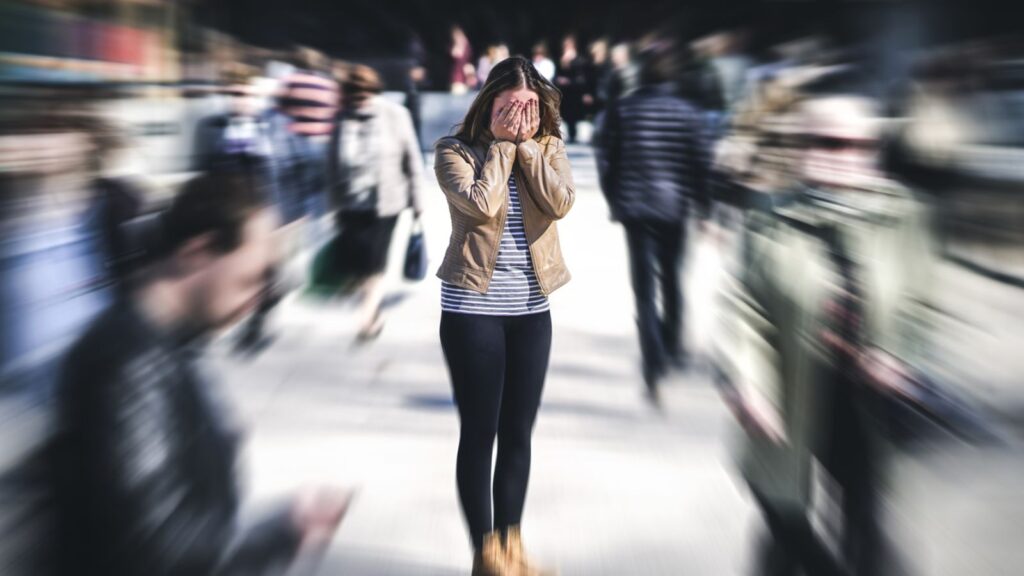
Whether you are a white American whose ancestors benefitted from the slave trade or a Black descendant of slaves, both parties can experience a fear of humiliation and can therefore feel reluctant to face up to the harsh reality of Black History.
Defensiveness
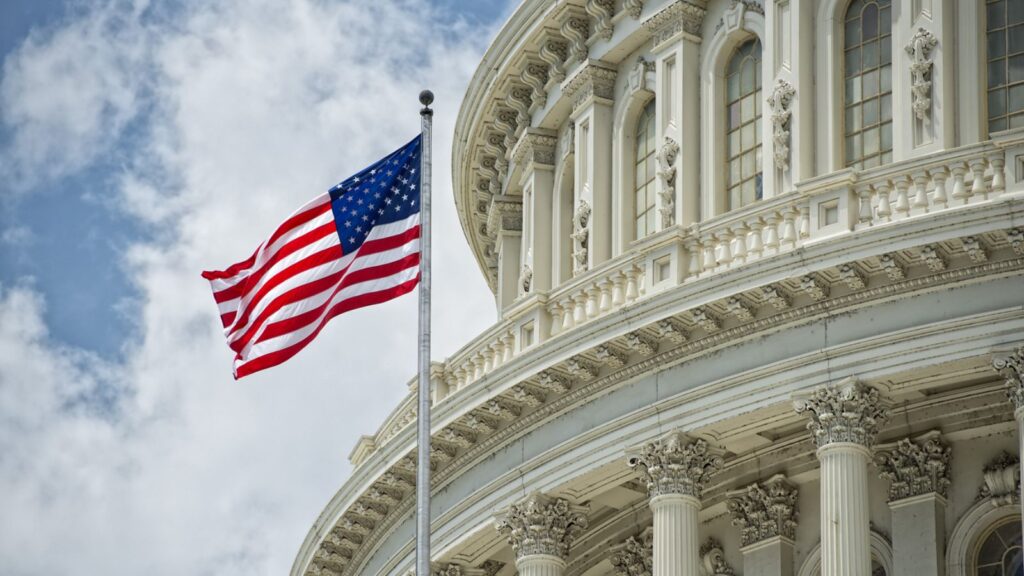
Where there is wrongdoing, people usually look for someone to blame, and many Americans can get defensive about Black History as, ultimately, they may feel strongly that someone should be held accountable or that they need to defend their family’s legacy. In both circumstances, this can cause Americans to back away from the facts of Black History as some of the historical accounts can feel like an attack on their culture and/or relatives.
Cognitive Dissonance

According to Psychologists, Cognitive Dissonance occurs whenever people try to hold two conflicting beliefs at the same time, such as advocating for equality while also acknowledging that America still is an unequal country. This can result in uncomfortable feelings of confusion and resistance.
White Privilege
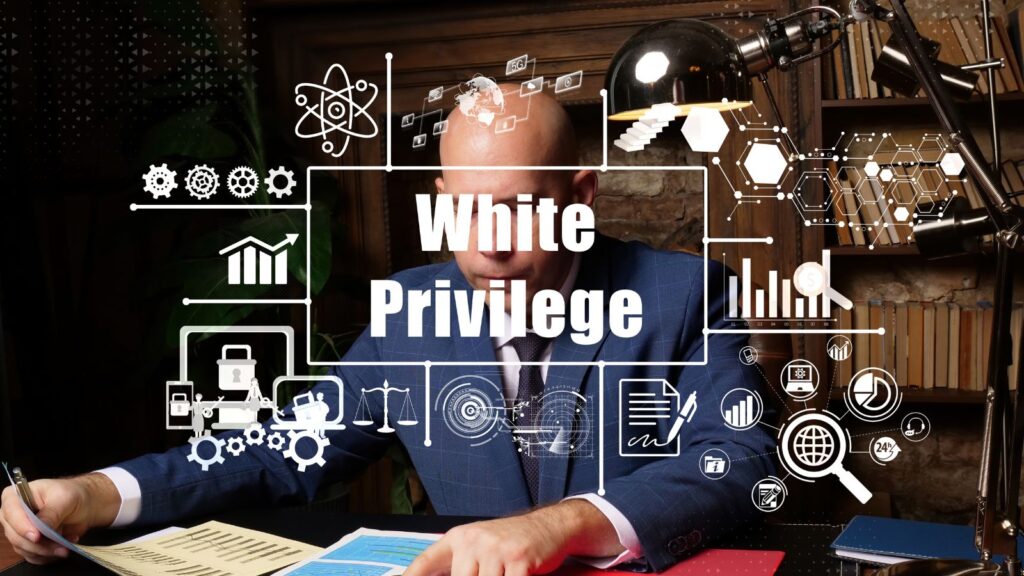
Many Americans might be ignorant of the fact that they benefit from white privilege, or if they are aware of this, they may experience uncomfortable feelings of fear about having to give this up. Therefore, it can feel easier for some to turn their backs and ignore the reality of Black History.
White Supremacy
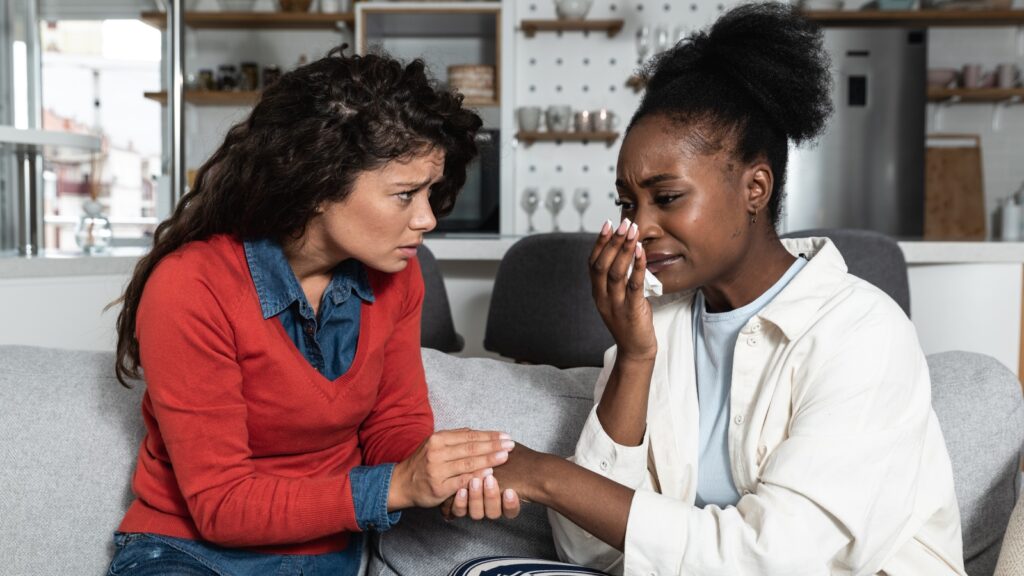
Although it might be hard to believe, unfortunately, in 2024, America still battles with groups who support white supremacy. While these groups are a minority, and it’s generally recognized that they subscribe to racist and harmful ideologies, elements of illegal organizations such as The Ku Klux Klan do still exist within the U.S. Furthermore, it is in the interest of these hate groups to not only turn their backs on Black History but to ignore and attempt to discredit, or even erase it from the history books altogether.
Racism
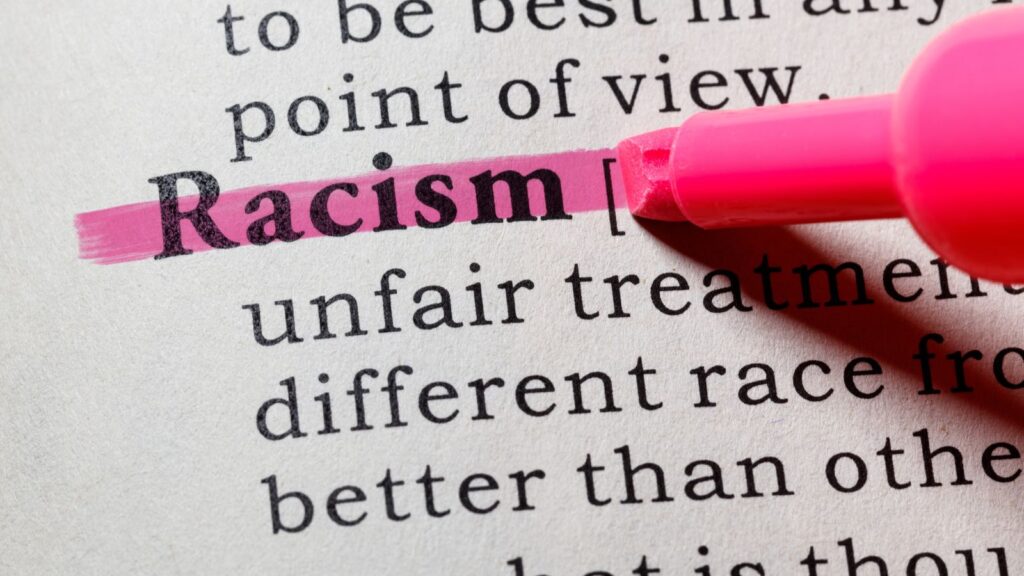
Whether some people realize it or not, they may be guilty of having an unconscious racial bias that can cause them to have negative perceptions of Black History, and this is another reason why some Americans turn their backs on this issue.
Fear of Social Change

With events like Black History Month becoming a globally recognized and celebrated acknowledgment of Black people, culture, and their history, this signifies social change. For some more traditional Americans, this can provoke feelings of fear, as change can be scary, especially if you feel disconnected from its cause.
Ignorance
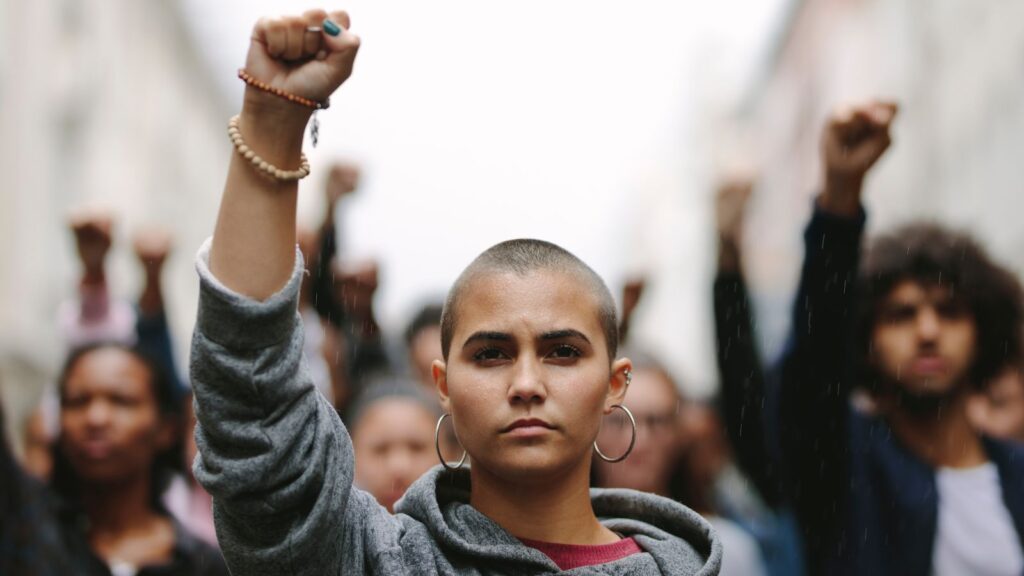
Some Americans might simply be ignorant of the magnitude and importance of recognizing Black History. Unfortunately, some people do lack self-awareness and the awareness of the needs and rights of others, and while this is not ok, it is another reason why some Americans appear to turn their backs on Black History.
Institutional Resistance
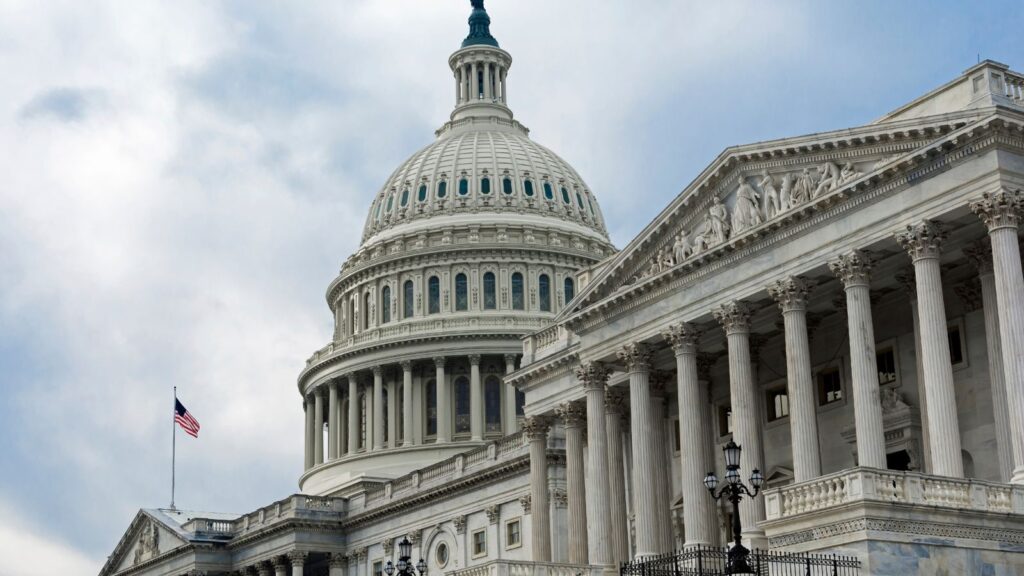
For organized slavery and other oppressive systems to have existed for as long as they did, American institutions like the police force and government had to play a role, and therefore, when it comes to facing up to the historic and often discriminatory roles that some of these institutions played in Black History, there can be some uncomfortable resistance.
Economic Reasons

Some businesses and organizations that may have benefitted from the perpetuation of racial inequality may be reluctant to confront Black History as a means of protecting their financial interests.
30 Traditional Sayings That Are Now Considered Offensive by Woke Culture

30 Traditional Sayings That Are Now Considered Offensive by Woke Culture
21 Habits Often Associated With Having a Lower Social Status

21 Habits Often Associated With Having a Lower Social Status
25 Social Issues Gen Z are Determined to Cancel

